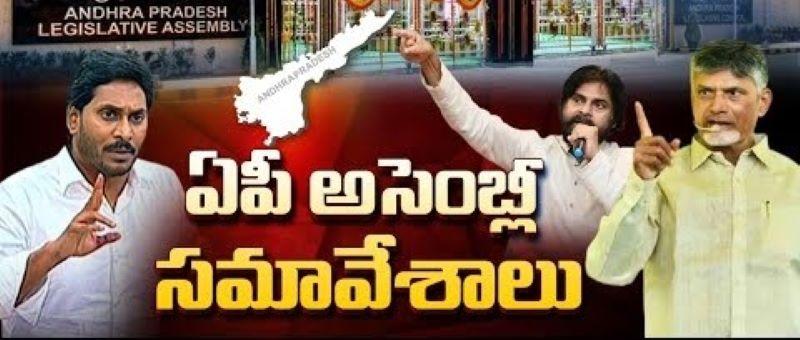
- galaxy
- 03 Nov 2024 03:39 AM
- Andhra Pradesh, budget 2024, NDA government
On November 11th, Chief Minister Chandrababu Naidu's NDA government will present its first budget in Andhra Pradesh. Amid political tensions, the session will address the state’s financial allocations after a vote-on-account. Will the YSR Congress participate?
Detailed Description
Five months after securing a decisive mandate, the NDA government in Andhra Pradesh, led by Chief Minister Chandrababu Naidu, is poised to introduce its first full budget on November 11th. This significant event coincides with the opening of assembly sessions in Amaravati, where Finance Minister Payyavula Keshav is expected to present the budget on the very first day.
Originally, the full budget was slated for introduction in the State Legislative Assembly before July 31 to facilitate state expenditures from the Consolidated Fund starting August 1, 2024. However, the TDP-led NDA opted for a vote-on-account budget, allowing them to address immediate financial needs without detailing specific allocations across sectors for the initial four months.
The upcoming budget is anticipated to provide specific allocations for various sectors, reflecting the government's priorities moving forward. Chief Minister Chandrababu Naidu and NDA MLAs will be present to discuss policies and the administration's performance over the past four months. Assembly Speaker Chintakayala Ayyannapatrudu will oversee the sessions.
Political dynamics may complicate the discussions, particularly regarding the participation of YSR Congress party MLAs, including president YS Jagan Mohan Reddy. Previously, the party boycotted assembly sessions following a protest against Governor Abdul Nazeer's speech, with only 11 MLAs attending initially to take their oaths. Jagan Mohan Reddy's ongoing legal petition for the Leader of Opposition status, despite not securing 10% of the seats, adds another layer to the political landscape. If the court hearing does not favor him before the sessions, he and his party members may have little incentive to engage in discussions about state issues.





































